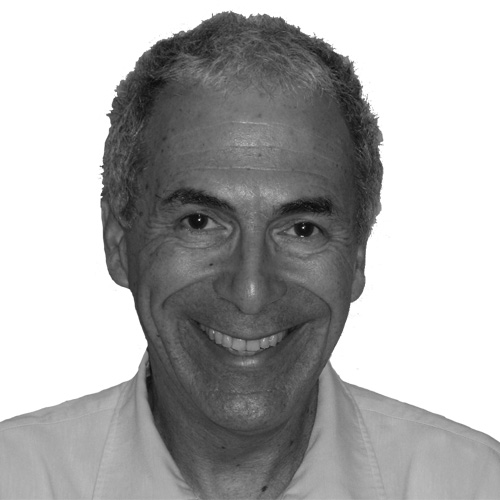
Meta
Roger Pulvers
Roger Pulvers is an author, playwright, theater director and translator who divides his time between Tokyo and Sydney. He has published more than 40 books. His latest book in English is "The Dream of Lafcadio Hearn."
Jul 22, 2012
Jun 24, 2012
Jun 10, 2012
Jun 3, 2012
May 27, 2012
May 20, 2012
May 13, 2012
Apr 29, 2012
Apr 22, 2012
Apr 15, 2012
Apr 8, 2012
Apr 1, 2012
Mar 25, 2012
Mar 18, 2012















